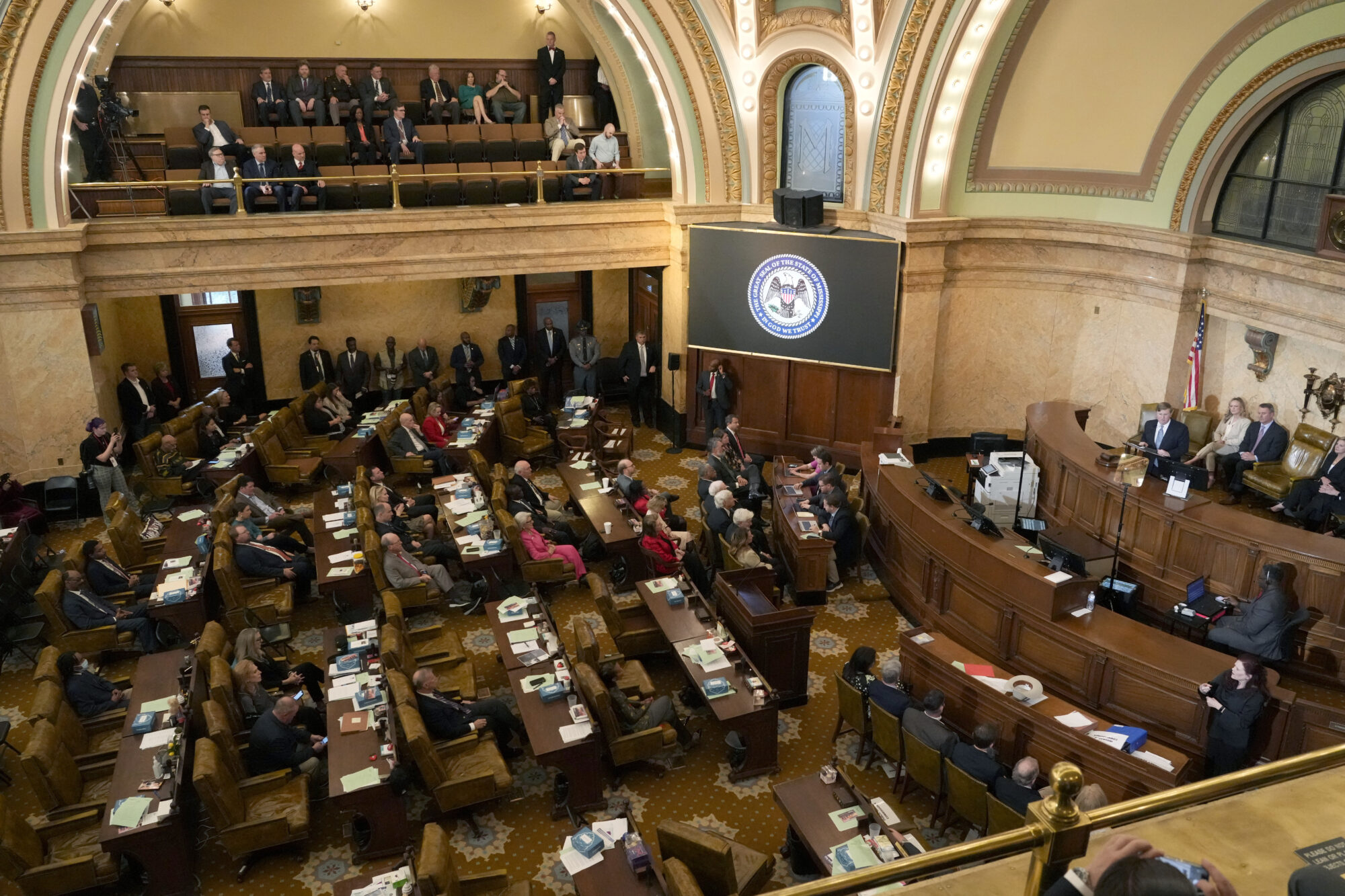The week of March 4 opened with Governor Bryant signing two bills focused on Second Amendment Rights into law Monday. House Bill 485 (HB485) exempts the names and addresses of people who have concealed carry permits from being a matter of public record. House Bill 2 (HB2) clarifies language affecting citizens licensed to carry concealed weapons in Mississippi. This law protects people who have a permit to carry a concealed weapon even if the weapon is holstered and thus not totally hidden.
On Tuesday, deadline day to move all general bills received from the Senate out of committee and onto the House Calendar, members of the House Education Committee addressed the Senate version of the Mississippi Charter School Act of 2013, Senate Bill 2189 (SB2189). Members voted to insert a “Strike-All Amendment,” incorporating the language from House Bill 369 (HB369). HB369 passed on a bipartisan vote in January after a lengthy debate among members. Committee members passed an amendment to SB2189 that will allow open enrollment to cross district lines.
Wednesday and Thursday, members covered a lot of ground on the House floor as they addressed numerous Senate bills, many mirroring previous House bills. Many of the Senate bills that passed adopted the “Strike-All Amendment” put in place by House members. When a “Strike-All Amendment” is adopted, the House language is inserted into the Senate version of the bill. In most instances, the language between the two chambers is identical, except for minor changes. However in other instances, the nature of the bill is changed more dramatically. In either case, the bill goes to “conference,” whereas three members from each chamber meet to reach a compromise on the wording of the bill.
Some of those bills taken up include:
Senate Bill 2633 (SB2633) enacts the “Mississippi Student Religious Liberties Act of 2013.” This act will provide protection for children to express their religious views in school. This covers expression in class assignments, organization of religious groups and activities, and establishment of a public forum for student speakers at non-graduation and graduation events. The bill passed 109-6.
Senate Bill 2571 (SB2571) creates the Mississippi Consumer Alternative Installment Loan Act, which allows for a new structure on all loans from $500 to $4,000. New rates on $1,000 or greater are comparable to current loan structures when including some optional insurance products. Supporters of the bill believe adoption of this measure would allow for a new affordable market for borrowers between $500 and $1,000. They believe it provides another option for consumers to enter into loans without the extra burden of having to purchase credit insurance. Opponents consider this bill unnecessary as the Consumer Financial Protection Bureau (CFPB) has not made any federal actions regarding this issue. They deem this a premature effort. During discussion on the House floor, an amendment was offered and passed which would only allow the bill to go into effect if the CFPB adopts a binding regulation. The bill, as amended, passed by a vote of 74-43.
Senate Bill 2141 (SB2141) creates a task force to conduct a study of the selection and governance structure of local school boards in Mississippi. The task force will then provide a report for the 2014 regular session of the Legislature. It passed 66-52.
Senate Bill 2183 (SB2183) authorizes individuals age 21 and older to make homemade beer for personal, family, domestic or household uses. Certain guidelines apply. The bill passed 73-37 and heads to the Governor’s desk to be signed.
Members also passed Senate Bill 2308 (SB2308), which states that if an Election Commissioner wishes to run for another office, he/she must first resign from their current position to qualify.
“Lenora’s Law,” Senate Bill 2732 (SB2732), amends the sex offender registry law. Upon release from prison, a sex offender must register his/her place of residence. This law requires offenders to wear a GPS tracking device upon release from prison to prevent evasion of the registry law. An amendment was added to prohibit sex offenders from living within 3,000 feet from a school. The bill passed 110-2.







